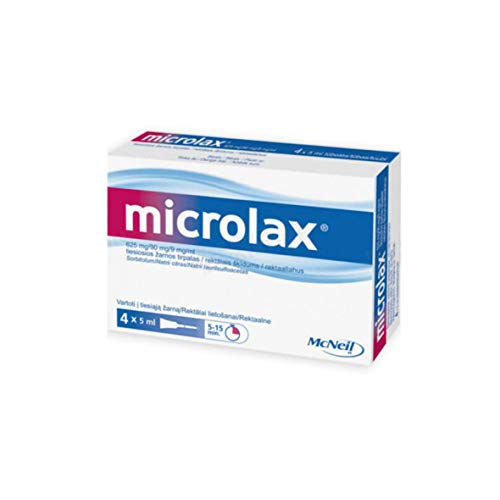Understanding Laxatives: What They Are and How They Work
What Are Laxatives?
Laxatives are medications designed to stimulate bowel movements, easing constipation and promoting regularity. They work by either adding bulk to the stool, softening the stool, or stimulating the intestinal lining to encourage movement. This opens up the option for those experiencing occasional constipation, perhaps after a diet change, travel, or during stressful periods.
How Laxatives Work
When you ingest a laxative, it interacts with your digestive system to help pass stool more easily. Some types increase water content in the intestines, making the stool softer and easier to expel. Others may stimulate muscle contractions in the intestine, aiding in the movement of food and waste through the digestive tract. Understanding this process can help us choose the most suitable laxative based on our individual needs.
Types of Laxatives: Which One is Right for You?
Bulk-forming Laxatives
Bulk-forming laxatives, such as psyllium husk, are optimal for those who need to add fibre to their diet. They absorb water in the intestines, creating a gel-like substance that bulks up the stool and encourages natural bowel movements. If your concern is intermittent constipation, these could be a great first choice.
Stool Softeners
Stool softeners, like docusate, gently soften the stool to make it easier to pass. These are particularly valuable for those who may be hesitant to strain during bowel movements, such as post-surgery patients. If you’ve experienced hard stools due to dehydration or certain medications, a stool softener could be effective.
Stimulant Laxatives
Stimulant laxatives, including senna or bisacodyl, are designed for quicker relief. They work by stimulating the intestinal muscles to promote contractions that help expel stool. These are ideal for individuals who require immediate results, perhaps due to an impending event or discomfort.
Osmotic Laxatives
Osmotic laxatives, such as polyethylene glycol, draw water into the intestine to help soften the stool and increase bowel movements. This type is beneficial for those experiencing stubborn constipation. If you’ve tried other methods without success, this might be your solution.
How to Choose the Best Laxative: Factors to Consider
Assessing Your Symptoms
The first step in choosing a laxative is evaluating your specific symptoms. If your constipation is occasional, a bulk-forming laxative may suffice. Conversely, if you’re dealing with chronic constipation, an osmotic or stimulant laxative might be more suitable.
Diet and Lifestyle Factors
Consider your overall diet and fluid intake. If you’re not consuming enough fibre or hydration, introducing dietary changes alongside a laxative can enhance effectiveness. Laxatives are not a substitute for a balanced diet and should be viewed as part of a broader approach to digestive health.
Potential Side Effects
While laxatives can offer relief, it’s essential to be aware of potential side effects. Common experiences may include bloating, cramping, or diarrhoea. When evaluating options, weigh the potential side effects against your symptoms and needs to find a comfortable fit.
Dosage and Usage: Getting It Right for Effective Relief
Following Instructions is Key
It’s crucial to follow dosage instructions as indicated on the product label or provided by a healthcare professional. Overuse of laxatives can lead to dependence or adverse health effects. Typically, bulk-forming laxatives require plenty of water for effectiveness, while stimulant laxatives act more quickly without additional intake.
Timing Your Dosage
Timing can also play a role in efficacy. Some laxatives may work best when taken before bedtime, allowing for a comfortable morning routine, while others might act within a few hours. Understanding how and when to use your chosen laxative maximises its benefits and promotes a healthier digestive cycle.
When to Consult a Healthcare Professional: Knowing the Signs
Recognising When to Seek Help
If you find yourself needing laxatives on a regular basis or experience ongoing issues with constipation, it’s time to consult a healthcare professional. They can provide insights into underlying causes and might recommend more targeted treatment options.
Watch for Serious Symptoms
In addition, if you’re experiencing severe abdominal pain, blood in your stools, or unexplained weight loss, it’s important to seek medical advice immediately. These can be signs of more serious health concerns that require prompt attention. Listening to our bodies can help guide us in making the best choices for our health.





























